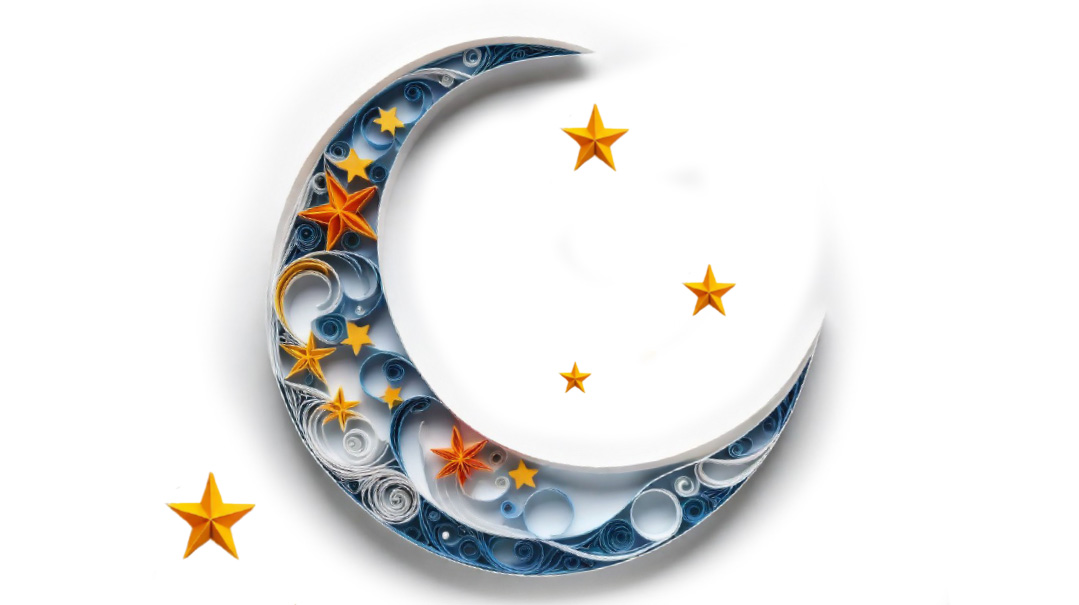An Unlikely Recruiter
| April 9, 2024We don’t know the ways of Hashem, but we do know that He gives us just what we need at exactly the time we need it

Stories that Uplift // Brachie Wolfson
Recruiters are the best and worst part of hiring.
They do their job well. They meet and vet prospective employees. They know their preferences, hours available, pay range. But they also have their fees, which are kind of steep. Think 15 percent of a yearly salary. Oh, and the employer pays the fee and the prospective employee has no real commitment, unless they like the job and stay on.
It’s a love-hate relationship here. Helps an awful lot, but very expensive for a small business.
So when we had an opening in the summer, we wanted to try to find a new secretary without having to pay the steep recruiter fees. We advertised, told everyone we know about the opening, offered a bonus to existing employees who’d recommend a good hire. We got nothing from the ads, and the word-of-mouth efforts didn’t bear fruit. We davened to find the right person fast. And we also called recruiters to step in. We needed it.
But even with the help of local recruiters, we didn’t get the results we wanted. It was the hardest time of the year work-wise. Summer — when the sun shines brightly, the pool beckons, and the children scamper about in the fresh country air — is the most challenging time as a mother juggling a job. Working remotely isn’t fun, and traveling in to keep tabs on the goings-on in the office is far from the dreamy summer vacation that keeps others waiting with anticipation all winter long. Add “hiring” to the list, and it’s more of a strain, but so long as my obligations include these kind of acrobatics and juggling, I try my best.
I was surprised, then, one morning to see my eleven-year-old dearest running, breathless, into the bungalow. Is the job still available, she inquired. I assured her that it was. She found someone for me, it seemed. Now this piqued my interest, and I asked her why she asked.
She said the play director had asked that they daven for a friend who needs a job.
My inquisitive young one wanted to know what kind of job she was looking for. An office job. Stimulating. In a kosher, frum, female environment. Spot on, she thought, and ran to me to confirm. I assured her that it all seemed fine, and she ran back to give my number to the play director’s friend.
We spoke and she came in for an interview with my partner. I met her a few days later. Long story short, she’s a valued employee, outstanding in her commitment and performance, and is everything we wanted for the job.
We don’t know the ways of Hashem, but we do know that He gives us just what we need at exactly the time we need it. One unlikely recruiter in the blink of an eye.
Goodness I See
The Seventh Day // Rabbi Menachem Nissel
Leading a trip to the tiny Lithuanian town of Kelm was a personal challenge.
Speaking about its most famous citizen, Rav Simcha Zissel Ziv Broide (1824–1898), the legendary Alter of Kelm, wasn’t simple. One of the towering talmidim of Rav Yisrael Salanter, his contribution to the mussar movement was daunting. He stressed perpetual self-control. Every minute had 60 seconds, each one to be squeezed for maximum usage. I didn’t feel comfortable talking about ideas that seemed so unattainable.
And then I read a story, and my face lit up. This I could share: On Friday night, when the Alter came home from shul, he’d stand for a few minutes in front of his door, deep in thought. What was on his holy mind during those precious moments?
He was contemplating everything his wife had done for him that week, especially for Shabbos.
He would then enter his house and wish the rebbetzin a good Shabbos. It was no longer a regular “good Shabbos,” it would be a “good Shabbos” from his heart, from deep wellsprings of hakaras hatov.
When Hashem introduces the mahn to Klal Yisrael in the wilderness, He tells Moshe Rabbeinu, “Re’u, ki Hashem nasan lachem haShabbos — See, Hashem has given you the Shabbos” (Shemos 16:29).
Our holy seforim reveal that there is a message in the word “See.” It’s not referring to physical vision. The pasuk can be understood as saying, “Shabbos is a time when you can see what you normally don’t notice.” On a pragmatic level, your mind isn’t cluttered and clouded by the busyness and challenges of the rest of the week. On a deeper level, the holiness of Shabbos allows us to access insights about ourselves, the people and world around us, and ultimately about Hashem Himself. Perhaps this was the reason the Alter chose Friday night to work on hakaras hatov.
For us, Shabbos offers a unique opportunity to notice the wonderful minutiae that add so much to our lives. We need to find time to focus, to find our “Alter moment.” We then can be cognizant of the myriad tovos we receive from our loved ones. Finally, we must express our profound appreciation.
Ultimately, the goal is to give it all over to Hashem, the Source of all goodness. Re’u, ki Hashem nasan lachem haShabbos!
Morning Light
Around the Campfire // Mindel Kassorla
Tov l’hodos laHashem ul’zamer l’Shimcha elyon. L’hagid baboker chasdecha v’emunascha baleilos. It’s good to thank Hashem, to sing to Your elevated name…” (Tehillim 92)
When I sing these words, I can still see the circle of shining faces in a room filled with song as Shabbos drew to a close. Shabbos was slowly ebbing away, with a stirring of sadness that the kedushah was leaving us, but a glimmer of hope over what we had gained.
There was one song that was always the finale of our kumzitz. We belted out the verses of “Tov l’hodos laHashem” — the NCSY favorite — over and over and over again. Slowly… then louder and faster… then slower again…. As we were lost in the moment, an advisor would invariably get up and share the idea we’d heard so many times before:
“L’hagid baboker chasdecha.” The morning is a time of light, clarity. Rashi explains that this is the stage of Geulah, when we feel His kindness. We see how everything is good and we thank Hashem for that.
“Ve’emunas’cha baleilos.” Night is when we speak of faith, of loyalty. This, says Rashi, is referring to the suffering of galus. We can’t see Hashem’s Hand clearly, but we must believe He is there.
In that room of teenagers, each coming from a world of their own with a sack full of problems, we all felt immense clarity. I know who I am and where I’m going. I know I want to spend the rest of my life getting closer to Hashem.
But Shabbos was ebbing away. We were entering the darkness of the week, our humdrum lives devoid of inspiration and passion. We’d have to see past the dark clouds of night and hold on to emunah.
And this is the test of life. To speak of Hashem’s kindness in the good times, because that is what will ultimately build our muscles of emunah to get us past the difficulties, back into the morning light.
(Originally featured in Family First, Issue 889)
Oops! We could not locate your form.







